The National Labor Relations Board’s (NLRB) effort to reclassify student-athletes as employees continues to move forward. In an anticipated next step, the NLRB’s Regional Director in Los Angeles has issued a formal complaint alleging that the football and men’s and women’s basketball players at the University of Southern California (USC) are actually employees of the school, the Pac-12 conference, and the NCAA, pursuant to the National Labor Relations Act (NLRA).
Read more »Latest Blog Posts
-
 NLRB Takes Next Step To Reclassify Student Athletes As Employees Under Federal Law Posted on: May 20, 2023 In: Sports Law
NLRB Takes Next Step To Reclassify Student Athletes As Employees Under Federal Law Posted on: May 20, 2023 In: Sports Law
-
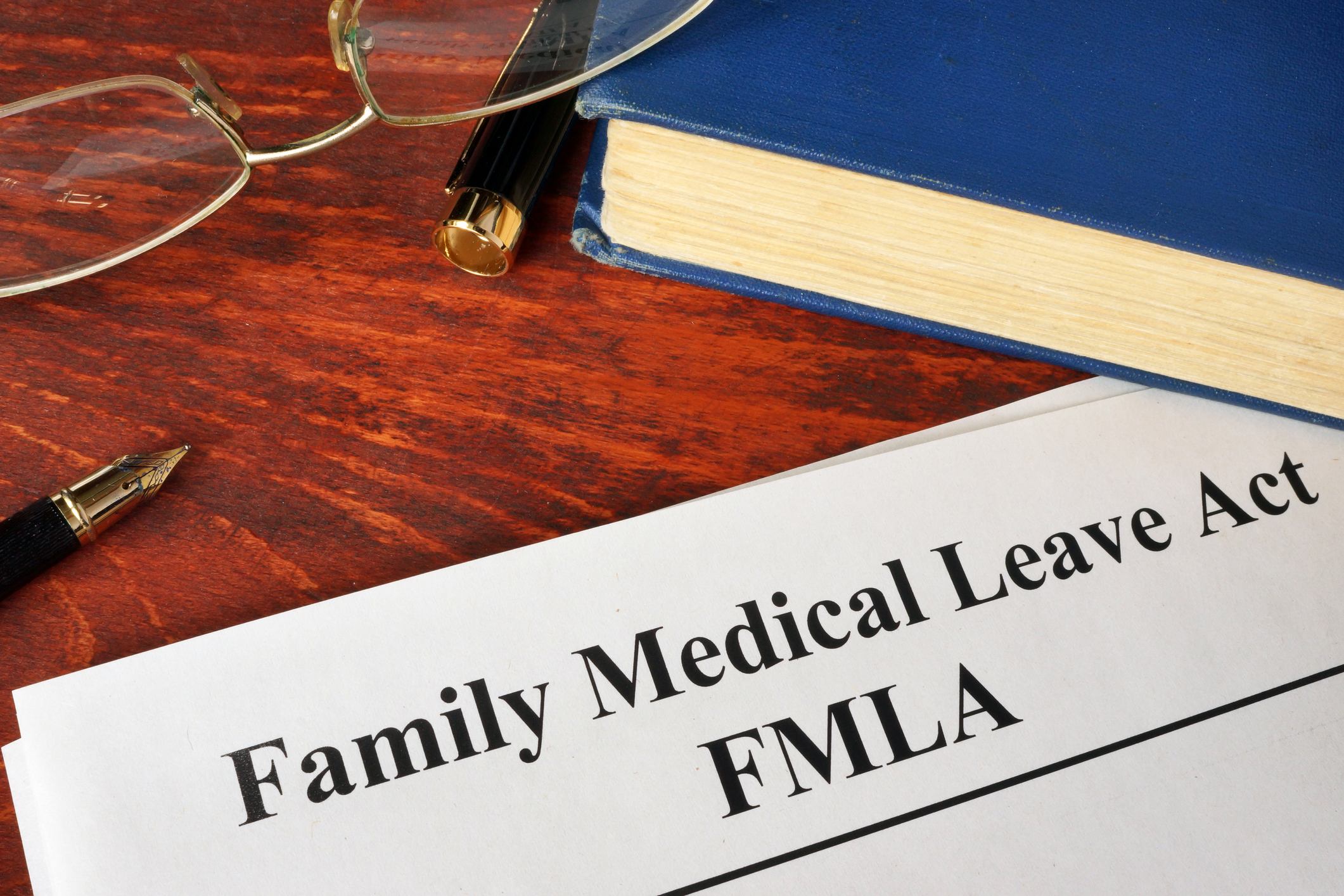 Employer Update: New FMLA Poster Issued by DOL Posted on: May 15, 2023 In: Labor & Employment
Employer Update: New FMLA Poster Issued by DOL Posted on: May 15, 2023 In: Labor & EmploymentIn April 2023, the United States Department of Labor (DOL) issued a new poster concerning the Family and Medical Leave Act (FMLA). Private employers of 50 or more individuals and government agencies should place the new poster in a conspicuous location for employees and applicants at all of the employer’s facilities, regardless of whether any employee works there, and may also distribute the poster and include it in an employee handbook or similar policy document.
Read more »
-
 CFPB Issues Updated Disclosures Employers, Consumer Reporting Agencies Must Use Before Taking Adverse Action Based on Results of Employment-Related Background Checks Posted on: April 18, 2023 In: Labor & Employment
CFPB Issues Updated Disclosures Employers, Consumer Reporting Agencies Must Use Before Taking Adverse Action Based on Results of Employment-Related Background Checks Posted on: April 18, 2023 In: Labor & EmploymentOn March 17, 2023, the Consumer Financial Protection Bureau (CFPB) updated the disclosures that employers must provide to the subjects of background checks. Employers are now required to provide this new Summary of Rights document to all employees and candidates prior to taking an adverse action based on the results of an employment-related background check.
Read more »
-
 WATCH: A Behind-the-Scenes Look at College Athletics with St. Joseph’s University Director of Athletics Jill Bodensteiner Posted on: April 14, 2023 In: Sports Law
WATCH: A Behind-the-Scenes Look at College Athletics with St. Joseph’s University Director of Athletics Jill Bodensteiner Posted on: April 14, 2023 In: Sports LawOn April 5, Phoenix Partner and Chair of Lewis Brisbois’ Collegiate & Professional Sports Law Practice Gregg Clifton and New York Sports Law Associate Christina Stylianou hosted an engaging webinar with guest speaker Jill Bodensteiner – vice president and director of athletics at Saint Joseph’s University in Philadelphia. During the session, titled, “The Future of Amateurism in College Athletics,” Ms. Bodensteiner provided a behind-the-scenes look at several hot topics in college sports.
Read more »
-
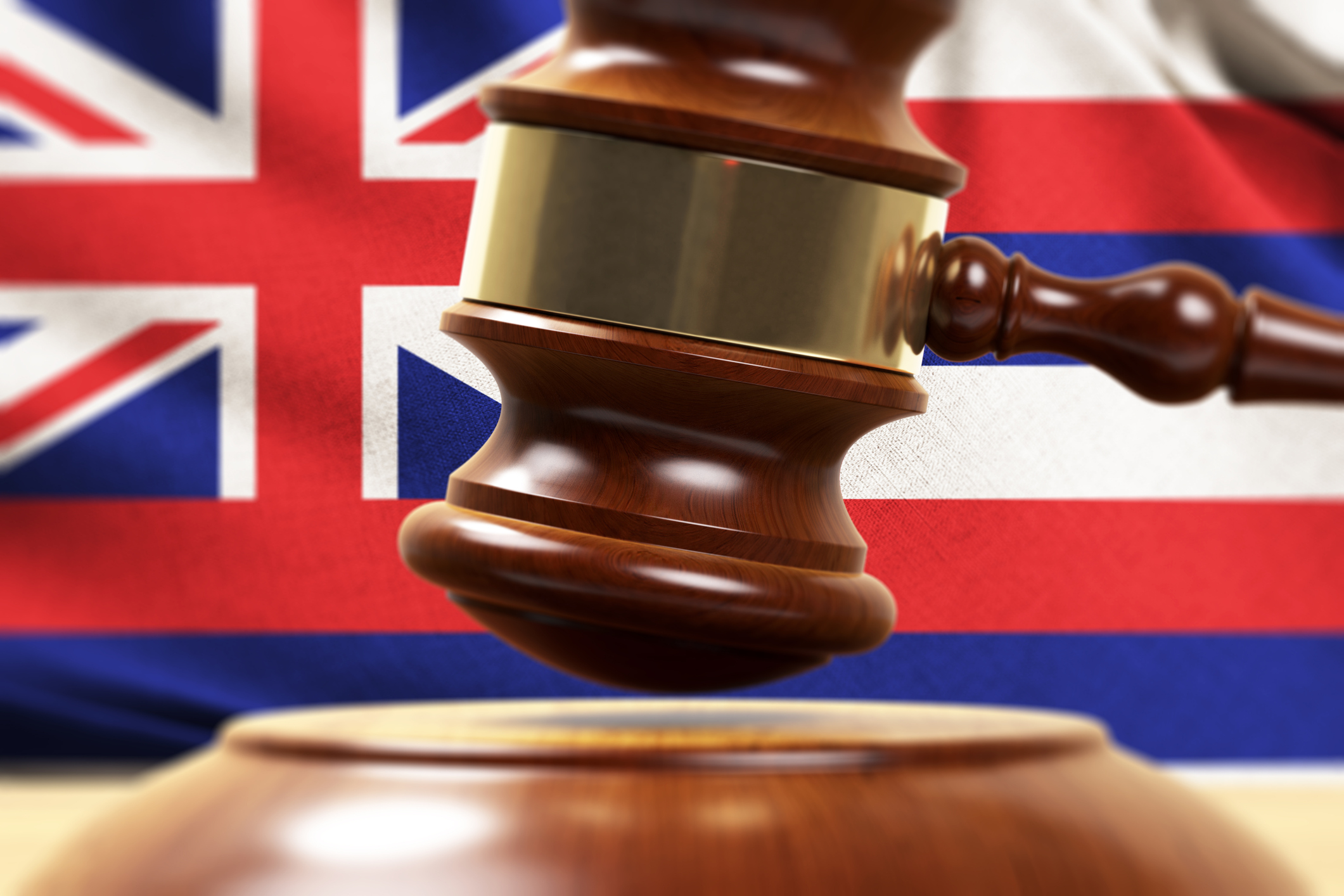 Hawaii Federal Court Authorizes Government to Call Summary Witness to Present Evidence in Wire Fraud, Embezzlement Case Posted on: April 14, 2023 In: Labor & Employment
Hawaii Federal Court Authorizes Government to Call Summary Witness to Present Evidence in Wire Fraud, Embezzlement Case Posted on: April 14, 2023 In: Labor & EmploymentIn United States v. Ahakuelo, the government pursued wire fraud and embezzlement charges against three members of the International Brotherhood of Electrical Workers’ leadership based on allegations the defendants conspired to convert membership dues. The evidence supporting the government’s case consisted of voluminous, complex materials, so the government requested to call a summary witness. In granting the motion, the court explained the framework for use of summaries of evidence by witnesses.
Read more »
-
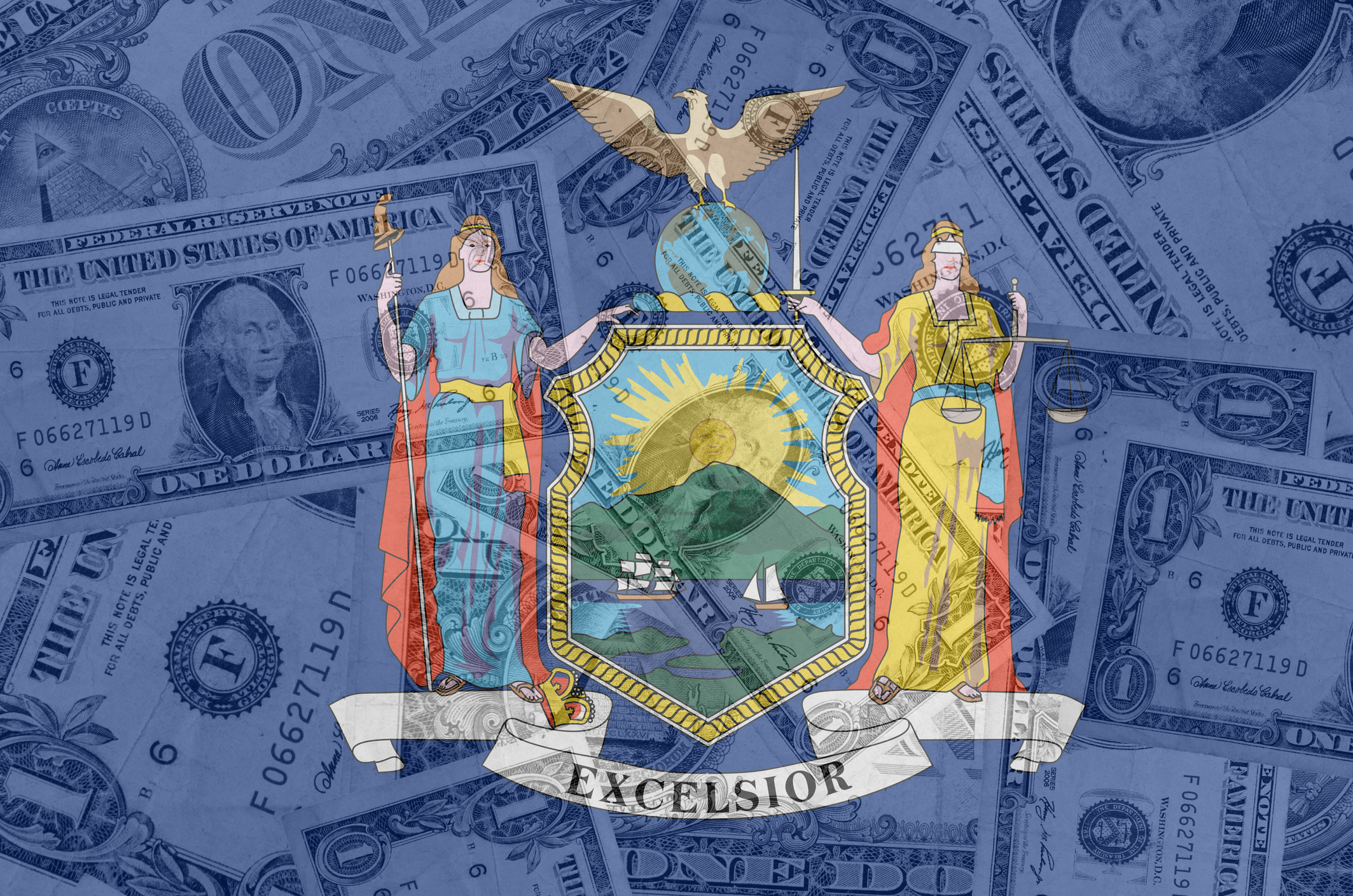 New York State Adopts Pay Transparency Law Posted on: March 29, 2023 In: Labor & Employment
New York State Adopts Pay Transparency Law Posted on: March 29, 2023 In: Labor & EmploymentStarting September 17, 2023, many employers across New York State will be subject to new job advertising requirements under a new Pay Transparency Law. New York City employers have a head start in grappling with this issue in light of the similar city law that has been in place since November 2022.
Read more »
-
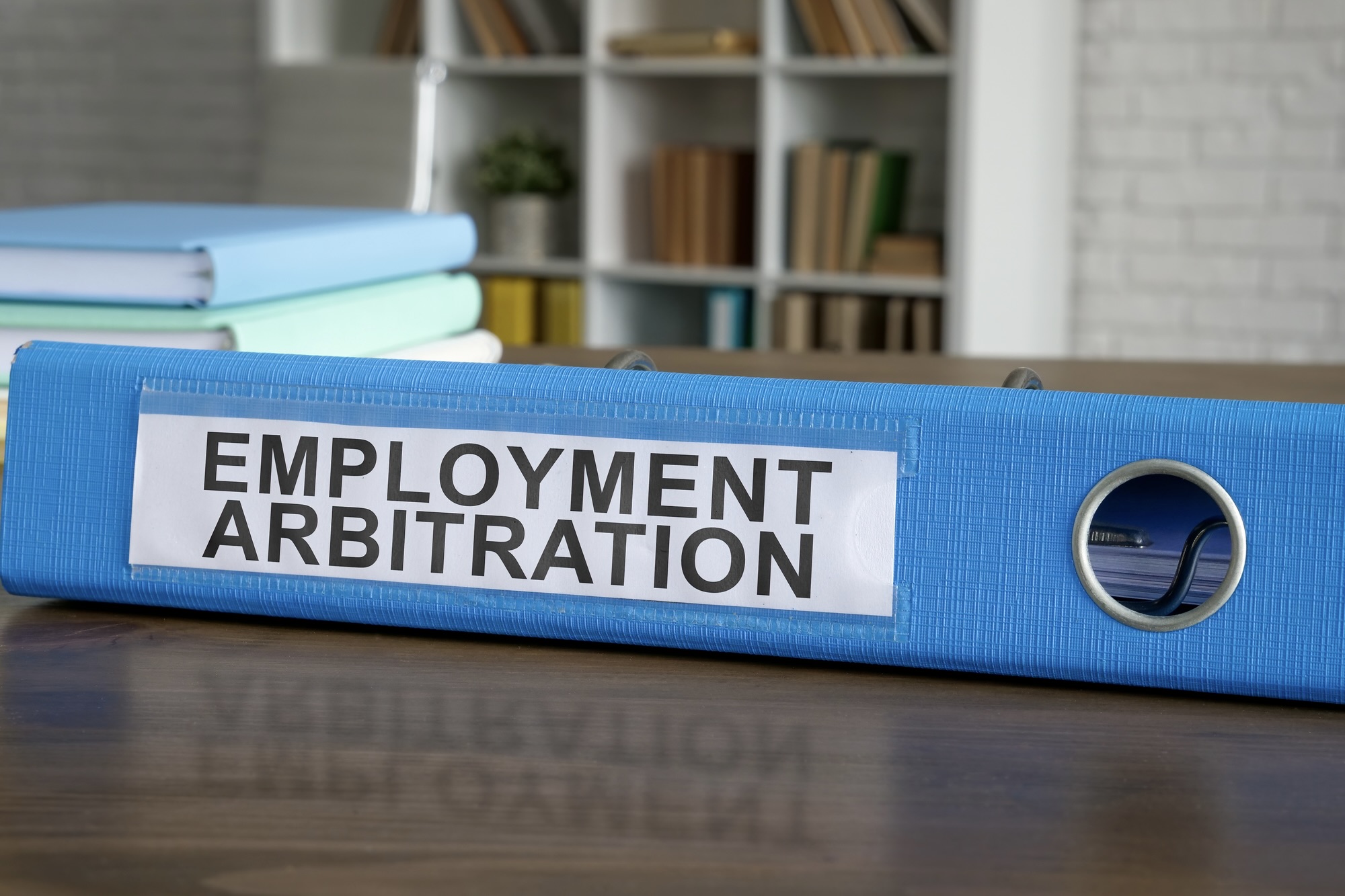 The Return of the California Mandatory Arbitration Agreement Posted on: March 28, 2023 In: Labor & Employment
The Return of the California Mandatory Arbitration Agreement Posted on: March 28, 2023 In: Labor & EmploymentIn a shocking win for California employers, the U.S. Court of Appeals for the Ninth Circuit held on February 15, 2023 that the Federal Arbitration Act (FAA) preempts California’s controversial Assembly Bill 51 (AB 51), which attempted to criminalize employers’ use of mandatory arbitration agreements in the Golden State.
Read more »
-
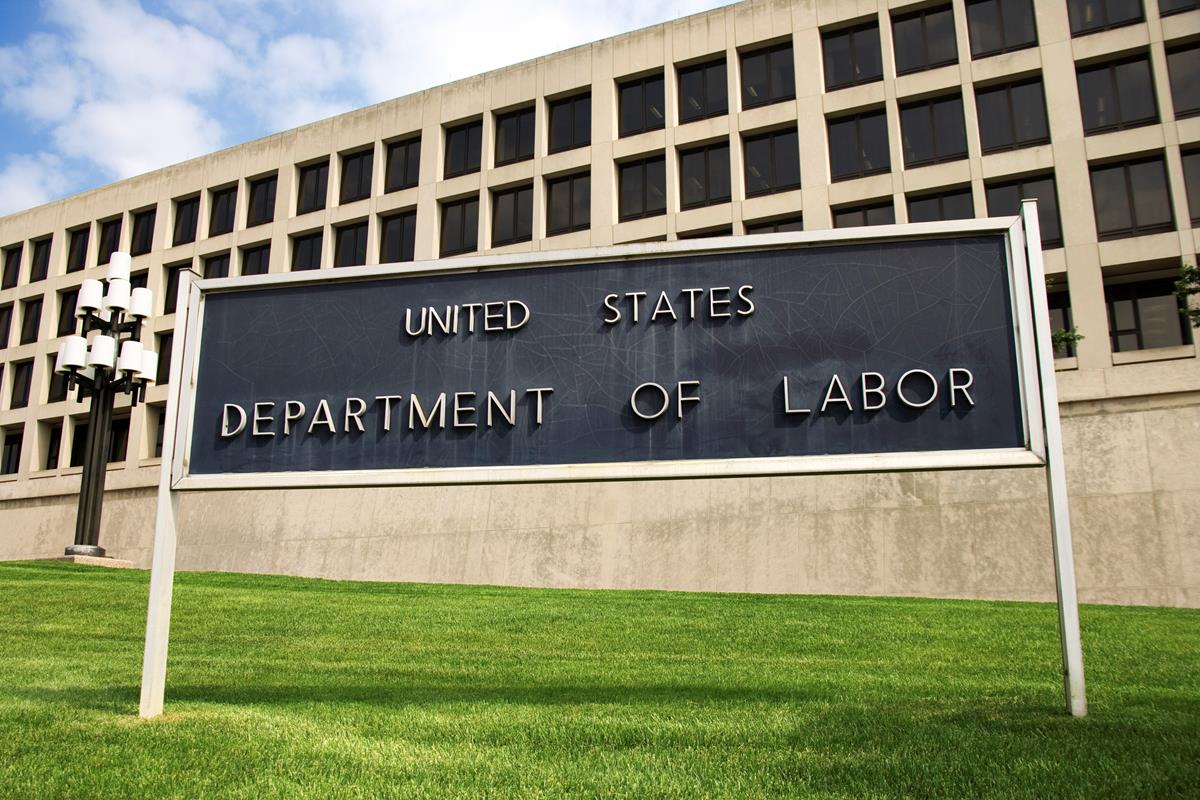 Still Waiting: DOL Expected to Issue Final Rule on Independent Contractor Classification in May 2023 Posted on: March 24, 2023 In: Labor & Employment
Still Waiting: DOL Expected to Issue Final Rule on Independent Contractor Classification in May 2023 Posted on: March 24, 2023 In: Labor & EmploymentLast year, the Department of Labor (DOL) published a Notice of Proposed Rulemaking regarding its present guidance on the classification of independent contractors. The Proposed Rule rescinds the 2021 Independent Contractor Rule, Independent Contractor Status Under the Fair Labor Standards Act, published in January 2021, and contains general interpretations for determining worker status.
Read more »
-
 Lewis Brisbois’ 2022 State Labor & Employment Year End Reviews Posted on: February 28, 2023 In: Labor & Employment
Lewis Brisbois’ 2022 State Labor & Employment Year End Reviews Posted on: February 28, 2023 In: Labor & EmploymentEach year, Lewis Brisbois’ Labor & Employment attorneys review the past year’s major legislative and caselaw developments related to labor and employment law in their respective states. This post features a list with links to these 17 alerts, covering 31 Lewis Brisbois offices across 18 states and the District of Columbia, published between December 22, 2022 and February 14, 2023.
Read more »
-
 The First Line in the Sand: Florida Federal District Court’s Ruling on Title IX’s Applicability to College eSports Posted on: February 27, 2023 In: Sports Law
The First Line in the Sand: Florida Federal District Court’s Ruling on Title IX’s Applicability to College eSports Posted on: February 27, 2023 In: Sports LawAs esports have grown in popularity and commercial relevance, particularly as a professional pursuit, their place among colleges and universities has also escalated. The question of whether collegiate esports teams fall under the same legal umbrella as other college athletic programs and are subject to Title IX – the federal law that prohibits discrimination on the basis of sex at federally funded educational institution – is just now beginning to reach the courts for consideration.
Read more »
-
 Third Circuit: No OSHA Investigation? No OSHA Litigation Posted on: February 13, 2023 In: Labor & Employment
Third Circuit: No OSHA Investigation? No OSHA Litigation Posted on: February 13, 2023 In: Labor & EmploymentIn a matter of first impression, the Court of Appeals for the Third Circuit recently confirmed that the Occupational Safety and Health Act of 1970 (OSH Act) mandates the dismissal of an employee’s action against the Secretary of Labor once the Department of Labor has completed its standard enforcement proceedings.
Read more »
-
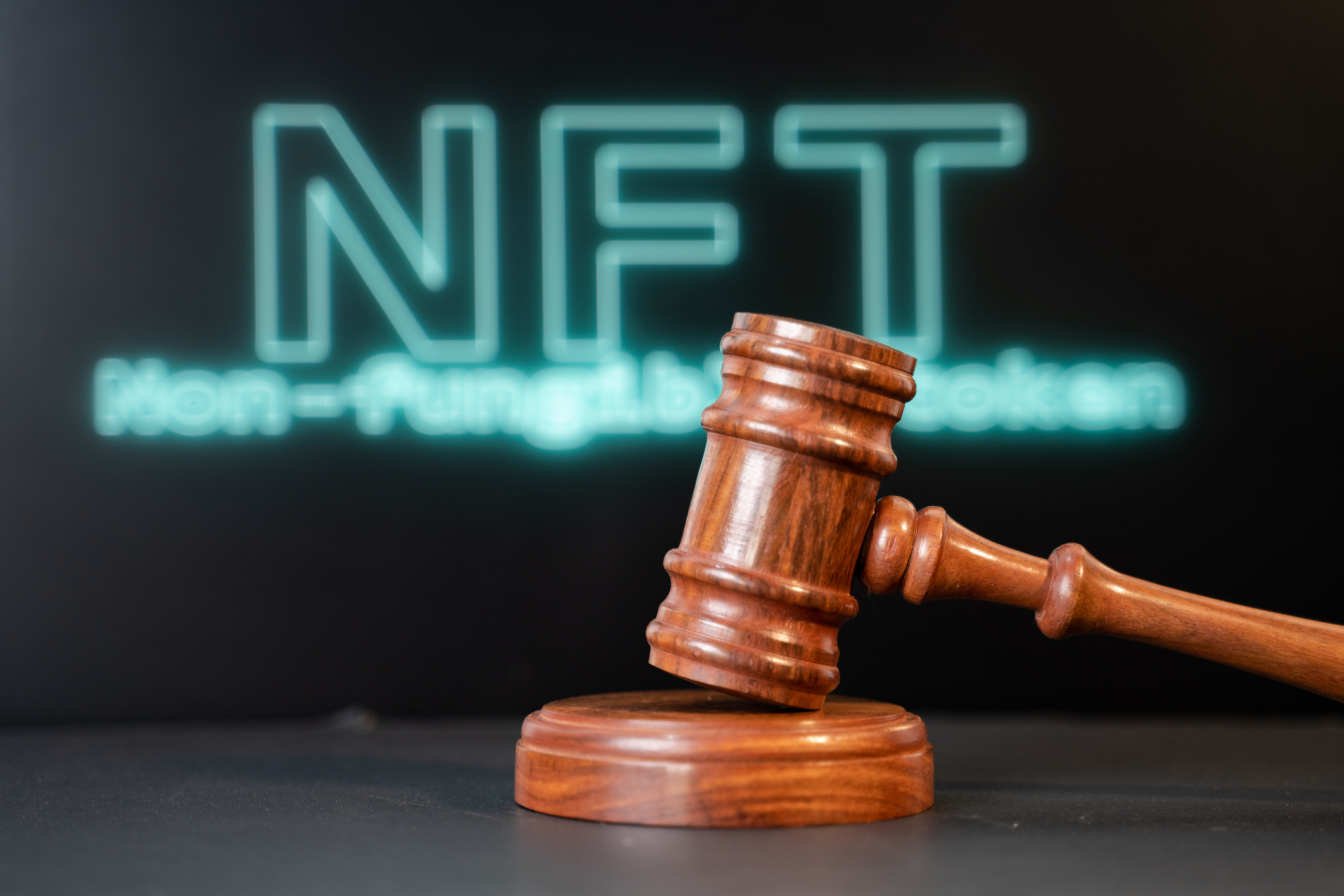 Historic Hermès Jury Verdict Paves Way for Digital Trademark Rights Posted on: February 10, 2023 In: Intellectual Property & Technology
Historic Hermès Jury Verdict Paves Way for Digital Trademark Rights Posted on: February 10, 2023 In: Intellectual Property & TechnologyOn February 8, 2023, a Manhattan federal jury found an NFT artist liable for having infringed upon Hermès' popular Birkin brand, awarding Hermès $133,000 in total damages. This was one of the first trials involving trademark rights in the digital space of NFTs.
Read more »